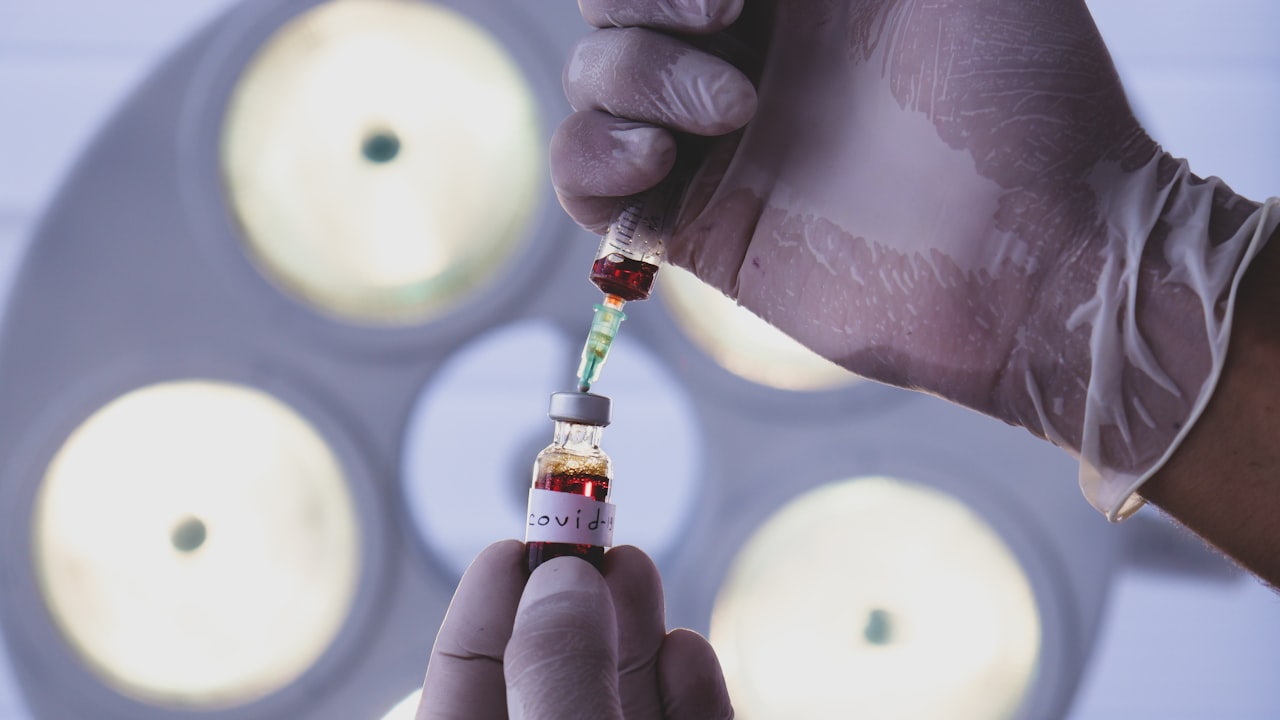Title: “Innovations in Injection Moulds: Enhancing Manufacturing Efficiency”
Injection mold technology plays a crucial role in the manufacturing industry, enabling companies to produce high-quality plastic products efficiently. As the demand for customized and complex plastic components continues to rise, injection mold factories are constantly striving to enhance their production processes and capabilities. This has led to a wave of innovations in injection moulds that are revolutionizing the manufacturing landscape.
One of the key areas of innovation in injection moulds is the development of advanced materials that improve durability and precision. Injection mold suppliers are now offering moulds made from high-performance steels and alloys that can withstand high pressure and temperature during the injection molding process. These materials not only increase the lifespan of the moulds but also ensure consistent and accurate production of plastic parts.
Moreover, advancements in software technology have transformed the design and simulation of injection moulds. Computer-aided design (CAD) software allows engineers to create intricate mould designs with minimal errors, reducing the need for costly revisions. Additionally, simulation software enables manufacturers to predict and optimize the injection molding process, leading to faster production cycles and waste reduction.
In recent years, the integration of automation and robotics in injection moulding systems has revolutionized manufacturing efficiency. Automated robotic arms are now used to remove finished parts from the moulds, reducing cycle times and improving overall productivity. Furthermore, the use of sensors and real-time monitoring systems in injection moulding machines allows for precise control of processing parameters, leading to higher quality output.
Another notable innovation in injection moulds is the development of multi-cavity and family moulds. These moulds have multiple cavities or produce multiple parts simultaneously, increasing the production capacity of injection mold factories. By streamlining the manufacturing process and reducing cycle times, multi-cavity and family moulds enable companies to meet the growing demand for plastic products in a cost-effective manner.
In conclusion, the continuous innovations in injection mould technology are driving significant improvements in manufacturing efficiency and product quality. Injection mold factories and suppliers are at the forefront of these advancements, embracing new materials, software technologies, automation, and design strategies to meet the evolving needs of the industry. As the demand for plastic products continues to grow, the role of innovative injection moulds in enhancing manufacturing processes will only become more pronounced.

 Title: “Innovations in Injection Moulds: Revolutionizing Manufacturing Processes”
Title: “Innovations in Injection Moulds: Revolutionizing Manufacturing Processes” Title: Designing High-Quality Injection Molds for Efficient Production
Title: Designing High-Quality Injection Molds for Efficient Production Title: Exploring the Importance of Injection Molds in Modern Manufacturing
Title: Exploring the Importance of Injection Molds in Modern Manufacturing